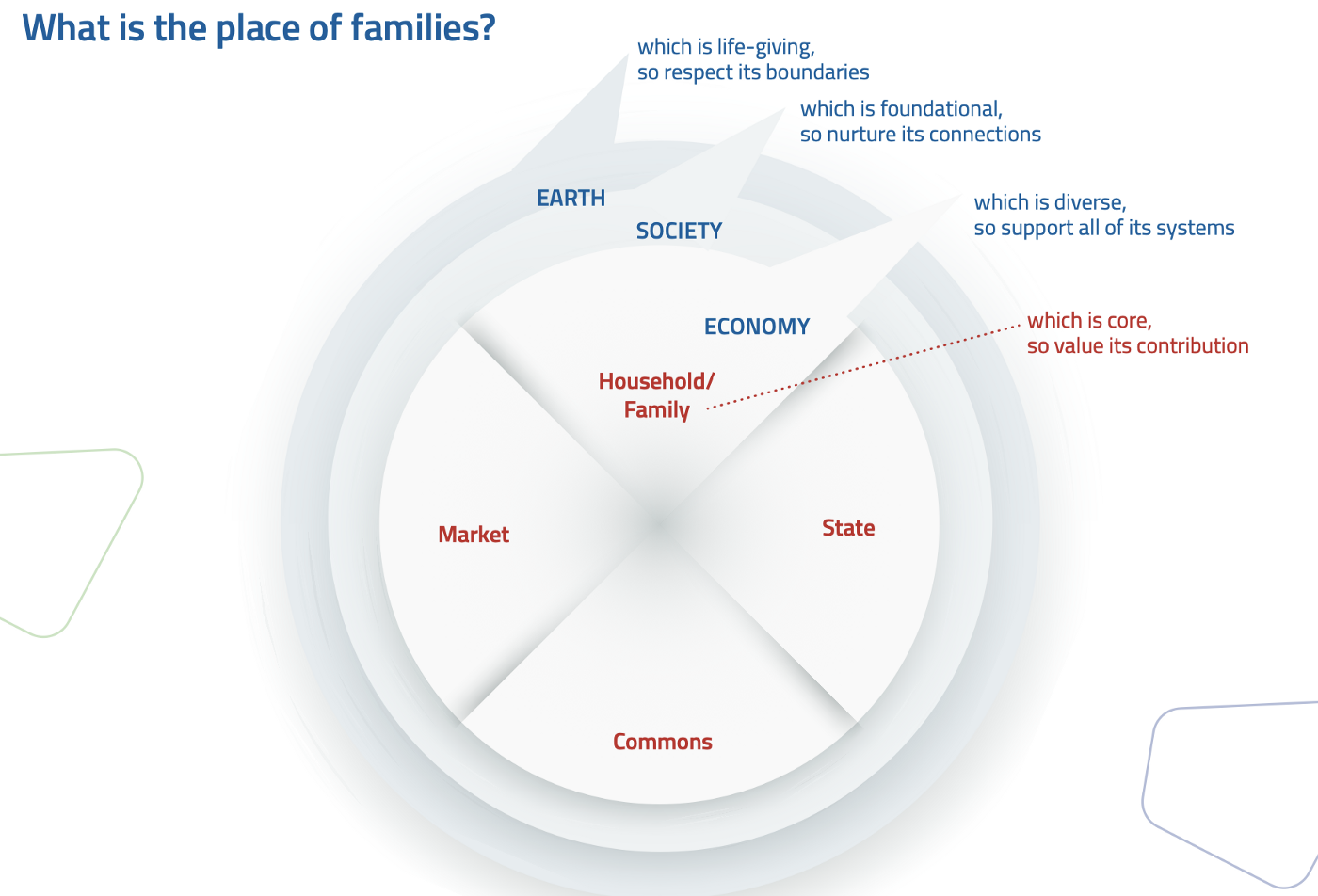Mother's Day Reflections
Caregiving is a socio-economic agenda, NOT a women’s issue. Lack of flexible work and affordable childcare limits families from earning a livelihood, let alone creating wealth. This is bad for the economy.

A few years ago, I was asked to write an article for a newsletter at my firm. It was back in 2018 — I call it the pre-pandemic era of consulting. Back then we were required to travel Mon-Thu every week. I was a new(ish) mother at the time. It was difficult to keep everything afloat, but we did it somehow. I wrote a gist of my experiences as I transitioned to full-time work after 4.5 months of parental leave.
Fast forward five years, the world has completely changed, and so has my family situation. I had my second child, who just turned 2. And I work from home all the time. What I wrote back in 2018 still rings true in many aspects, but I must admit things are so much better for us now than they were after our first child.
This mother's day, as I sit back and reflect, I reckon what a world of difference the flexible work arrangement has made for my family. In a period of 2 years:
- I delivered a baby at the height of the pandemic,
- took parental leave for over five months,
- had my big promotion (while I was on parental leave),
- Amar, my husband, started his own venture, got funded by YCombinator, and launched a successful product in the market,
- I had a phased transition back to work,
- my client(s) welcomed me back in an elevated role and even let me choose the assignments,
- we sold our primary home and moved to a new state
We did this and much more to design a life we always wanted for ourselves. And we did it while working full time and parenting together. Our partnership is stronger than it ever was.
During this time, we both have collectively created more value through our work than we ever did before. We have been able to give back to the communities and pursue the causes we care about. My family has contributed significantly more to the economic growth of the country than ever before.
Not having to choose between career and care-giving on a daily basis has helped us to be more and accomplish more — more fulfillment, more joy, and more prosperity.
We have been able to integrate work and family rather successfully. And this has been possible because we had access to:
- paid time off such as parental leave and family sick leave,
- family-friendly workplace policies such as phased transition to work, flex hours, backup care reimbursement program
- healthcare benefits, community support groups for parents and caregivers
- childcare that we can afford with our income
It's been an incredible couple of years for us. And I fully realize that everyone is not as fortunate.
- Only 16% of private sector workers qualify for paid family leave, and many do not qualify for any leave at all, especially hourly workers and those in lower-wage industries.
- The cost of childcare has risen by 41% during the pandemic with families spending up to 20% of their salaries.
This is a major economic issue because it means that millions of people — particularly women — are held back from work and at work.
The Role of Families in Economic Growth

Families are microcosms of society. The role of families in driving economic growth cannot be understated. Now, I am not an expert on sociology and economics, but I did some research to shed light on this subject.
The family is the most powerful, the most humane, and, by far, the most economical system known for building competence and character. Yet, parenting and caregiving are always seen as women's issues and not as a broader societal agenda.
An important vehicle for lifting growth: The Family. This is ironic, given that the word “economics” has its roots in the Greek word oikonomia, which means the “management of the household.”
Families do better in a supportive policy environment — one in which, for example, schools actively seek parental engagement; employers recognize that workers are also family members; and laws support family members' roles as caregivers, parents, partners, and workers.
In contrast, the role of businesses is to create value, jobs, and income to drive economic development. As society faces more serious challenges — from climate change to resource scarcity to rising inequality — stakeholders increasingly look to businesses to play a stronger role, particularly in driving inclusive prosperity. It's the businesses with a sustainable or social purpose at their core that will lead the way and not only survive but thrive.
My hope is that businesses, institutions, and policymakers will come together to bring back millions of caregivers who left the workforce during a pandemic. This is an untapped talent pool that can be accessed by making grassroots changes such as providing parental leave, allowing flexible working hours, and giving access to affordable child care.
Families are a great source of strength but can also become a source of stress when there are competing obligations to manage across lives and livelihoods. Supporting young family builders and dual-career households with children and caregivers is good for businesses and economic growth.
Since you have reached the end of this post, I assume you like my content. Click here to subscribe to my newsletter and get exclusive content from me.
References:
- https://www.un.org/ecosoc/sites/www.un.org.ecosoc/files/files/en/integration/2017/IFFD.pdf
- https://coface-eu.org/goals/
- https://www.npr.org/2021/12/16/1064794349/child-care-costs-biden-plan
- https://penpoin.com/role-of-business/
- https://sustainablebrands.com/read/product-service-design-innovation/the-virtuous-circle-business-model-social-purpose-at-the-core-of-business-success
- https://www.linkedin.com/pulse/child-care-core-economic-growth-we-must-commit-indra-nooyi/?trackingId=rr%2F8a%2FlNTRq%2FqD7Y0yLt4A%3D%3D